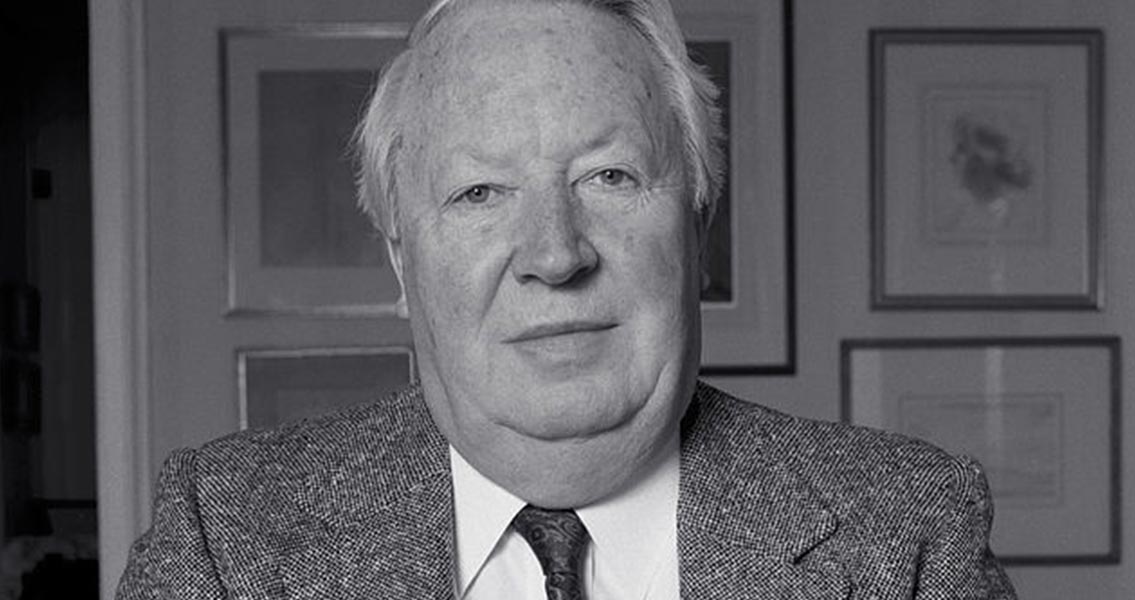<
Looking Back on the Three Day Week
